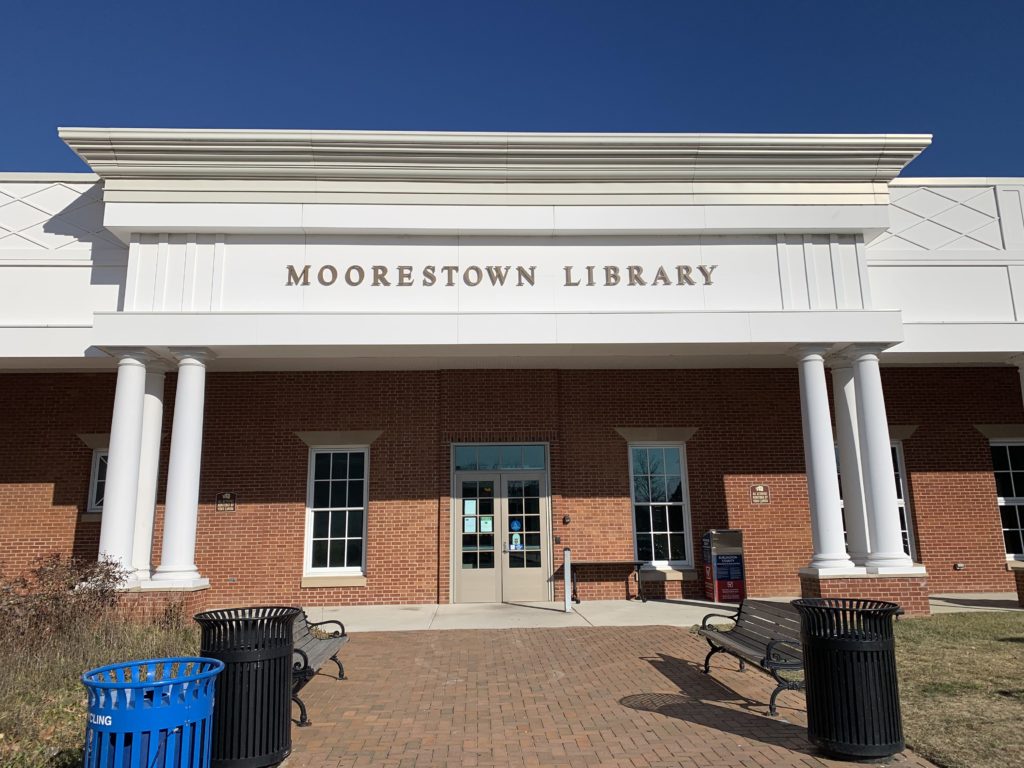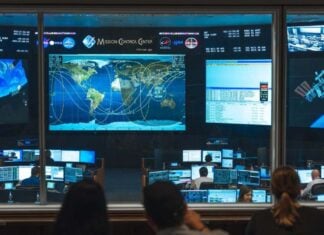

The community group MooreUnity will hold a panel discussion on misinformation and disinformation at the Moorestown library on May 2 at 7 p.m. that will be co-hosted by co-founder Meredith Butts and media psychologist Dr. Joanne Broder.
Guest panelists includ Library Director Joan Serpico and media influencer Alyssa Penrod, who will offer tips and insights for how to counter disinformation.
As noted on its website, MooreUnity raises awareness of divisive forces in the community and promotes inclusion by building bridges across those divides. Its core values include engaging with citizens and other groups, organizing events and actions that promote acceptance and supporting the efforts of allied organizations.
“We’ve been working together over the past handful of years to bring programs to the community that we think are needed and valuable,” Butts said of herself and co-founder Karen Reiner.
“Part of that also includes my passion and interest for ensuring that people learn about information (and) information culture and learn how to learn and use information in their lives,” she added.
Butts explained the inspiration for the panel discussion and the difference between disinformation and misinformation.
“I believe that when people are equipped with the skills to navigate the world of information, then they can make the best choices for themselves,” she noted.
“Misinformation is incorrect information that is perpetuated or put forth unintentionally,” Butts added. “It’s not done with malice or ill intent. Disinformation on the other hand is bad information that is purposely put out there for whatever means the person or organization wants to see, the desired outcome they want to have.”
Broder is a media psychologist and thesis advisor at Saint Joseph’s University in Philadelphia and a founding co-editor of Psychology of Popular Media. She explained how people can avoid spreading disinformation.
“I think people who are spreading the information, they need to be held accountable, so then maybe it’ll kind of stop the madness,” she noted. “I think also … people need to learn how to distinguish good information and not just take it for face value or headline value.”
“The one thing that is most important is learning how to ask good questions,” Butts said. “By asking good questions and being curious, you’re able to then open up your own mind to any sort of internal barriers or cognitive biases that you might have for yourself. But you’re also then better able to analyze information, whether or not you’re actively looking for it or it’s coming at you.”
“ … How to be better consumers of information and understanding, how important it is, and if you’re a parent, teaching your kids or just being more mindful,” Broder said of what she hopes residents took away from the event.
“Just learning and again being better consumers and sharers of information.”









